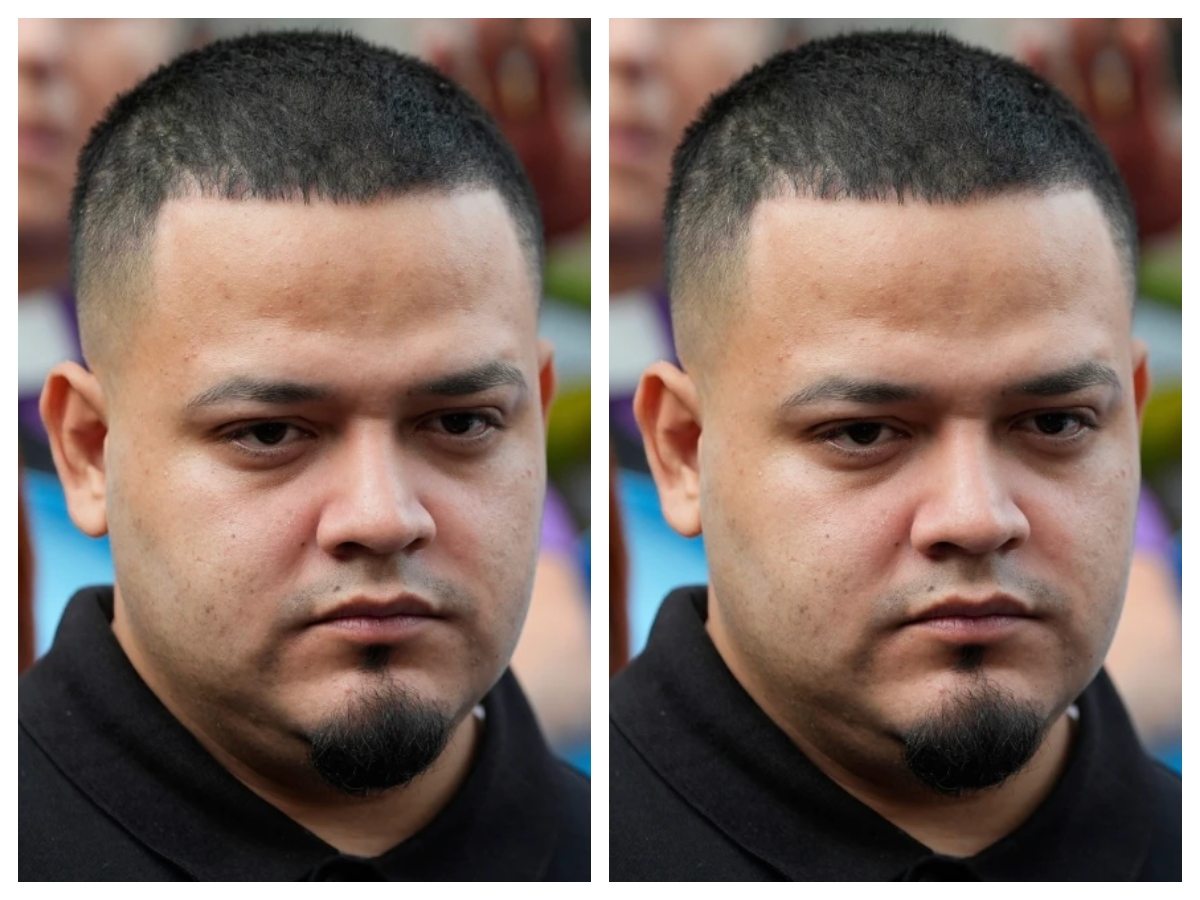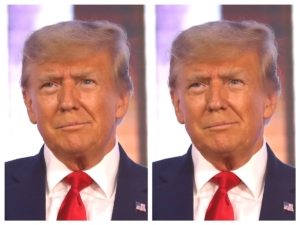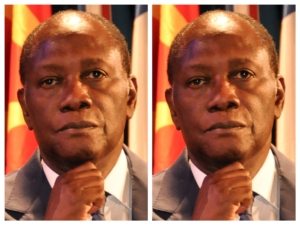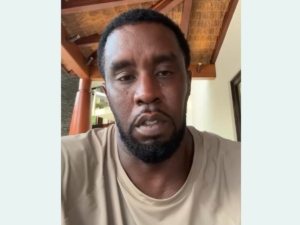A federal judge in Maryland pressed the U.S. government on Monday to guarantee that Kilmar Abrego Garcia will not be deported before she decides whether to lift an injunction blocking his removal.
The hearing came after Immigration and Customs Enforcement notified the court last week that it intended to send Abrego Garcia to Liberia as soon as Friday. The plan marked the latest shift in a long list of potential destinations the agency has proposed for the Salvadoran national.
Abrego Garcia, who entered the U.S. illegally as a teenager, has lived in Maryland for years with his American wife and child. In 2019, an immigration judge granted him protection from being returned to El Salvador, citing a “well-founded fear” of gang violence against his family. His mistaken deportation to El Salvador earlier this year, and subsequent detention in a harsh prison despite no criminal record, sparked national outrage during President Donald Trump’s immigration crackdown. Public pressure and a federal court order ultimately led to his return to the U.S. in June.
READ ALSO: U.S. plans to send Abrego Garcia to Liberia by Oct. 31 despite legal battle
At Monday’s status conference, U.S. District Judge Paula Xinis questioned why the government was pursuing deportation to Liberia rather than Costa Rica, a country Abrego Garcia has said he would willingly move to. Costa Rican authorities have indicated they would allow him to enter legally and not send him back to El Salvador.
“Any insight you can shed on why we’re continuing this hearing when you could deport him to a third country tomorrow?” Xinis asked. She noted that both sides were poised to “burn significant resources” on a dispute that might be avoidable.
Government lawyers, including Deputy Assistant Attorneys General Drew C. Ensign and Jonathan Guynn, offered no clear explanation, suggesting that the reasoning might appear in a forthcoming filing.
For now, ICE plans to interview Abrego Garcia following his formal statement expressing fear of deportation to Liberia. His attorney, Simon Sandoval-Moshenberg, said the defense team had received limited documents outlining supposed guarantees from the Liberian government about his treatment there. He added that they were not reassured, hinting that Liberia had agreed to accept Abrego Garcia only temporarily.
READ ALSO: Judge demands Trump administration explain deportation tactics involving Ghana
Legal advocates have long challenged the administration’s agreements to deport immigrants to so-called third countries, arguing they violate due process and expose people to danger in nations with poor human rights records. Yet in June, a divided Supreme Court ruled that such removals can proceed quickly and with little notice.
After his return to the U.S. in June, Abrego Garcia was charged in Tennessee with human smuggling, a charge he denies. He has asked a judge to dismiss the case, with a hearing set for next week. Judge Xinis remarked that the timing of the government’s deportation plans, just before that hearing, appeared questionable.
“It doesn’t pass the sniff test that there hasn’t been some coordination,” Xinis said, calling the criminal court schedule “common knowledge.”
Before adjourning, she sought confirmation from government attorneys that the injunction would remain in effect until she lifted it. “If I don’t lift the injunction, you are abiding by it, and he’s not going to be removed? Is that right?” she asked. The attorneys agreed, AP reported.
In a separate immigration court proceeding, Abrego Garcia has filed a new application for asylum in the United States.










